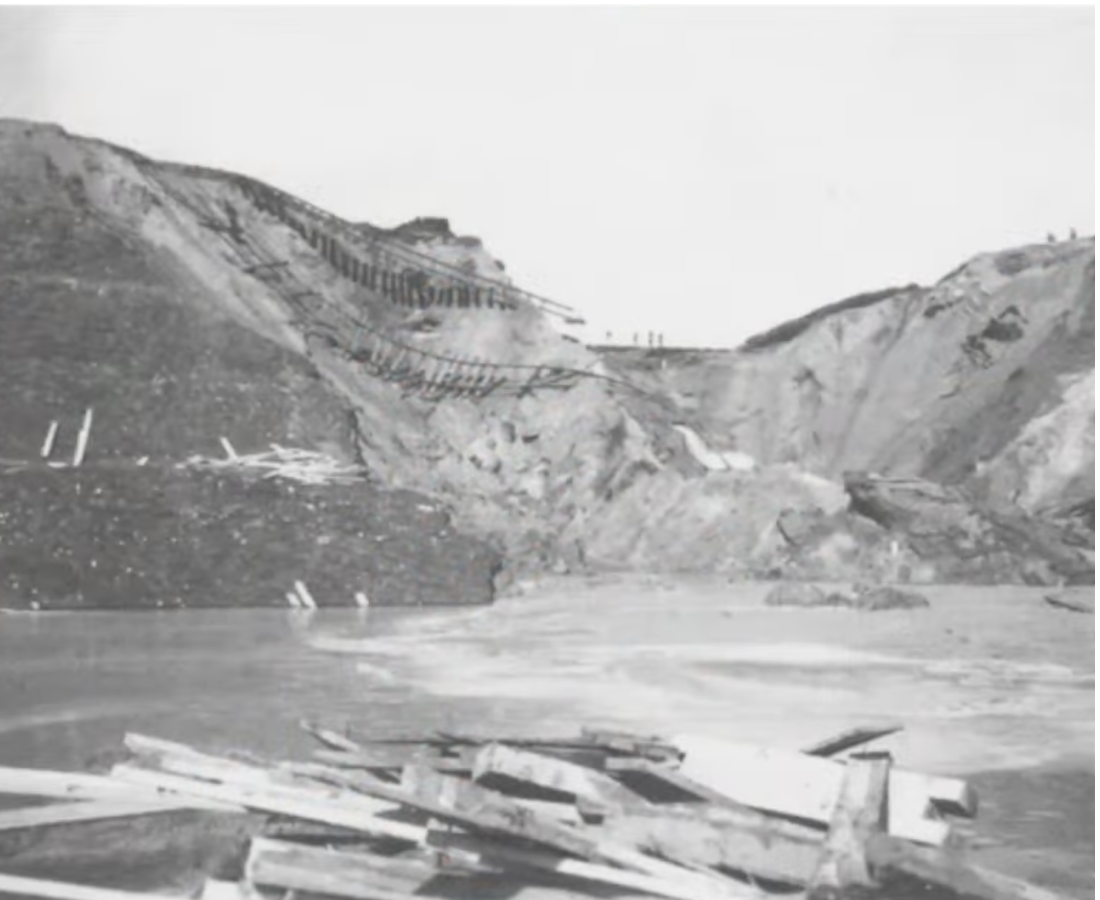
The project “Coffee with a Historian” resumed its work in 2025 and has become one of the most significant educational initiatives of the Belarusian diaspora in Poland. The events take place twice a month on Saturdays at the Museum of Free Belarus (ul. Foksal 11, Warsaw), with plans to expand the geography of meetings to other cities — Vilnius, Białystok, Gdańsk, and Prague.
The main idea of the project is to create an open space for meetings with prominent historians, to discuss complex topics, and to foster a responsible attitude toward Belarusian history.
On February 22, the first lecture of the new season took place — “The Participation of GDL Citizens in the Wars with Moscow in the Early 17th Century.”
The speaker was Viktar Yakubau, associate professor, PhD in history, and member of the Belarusian Institute of Public History.
The researcher analyzed the impact of the war with Muscovy on the military and political situation in the Grand Duchy of Lithuania and Europe, discussed the participation of residents from Belarusian, Ukrainian, and Polish lands in the events of the Dymitriads, and explored the role of the GDL army in the struggle for Smolensk and Moscow.
On March 4, as part of the project, a lecture titled “The Right to Resistance in the Grand Duchy of Lithuania in the Late 16th – Early 17th Centuries” was delivered by Ihar Bortnik, associate professor, PhD in philosophy.
During the talk, participants discussed the historical roots of the idea of civic resistance, its legal and moral interpretation in the GDL, and its connections with European political traditions. Special attention was given to the question of who, and under what circumstances, could claim the right to defend justice against authority.
On March 22, on the eve of Freedom Day, a meeting titled “The Belarusian People’s Republic: Triumph and Tragedy of 1918” was held.
The lecture was presented by Ales Smalianchuk, Doctor of History and Professor at the Institute of Slavic Studies, Polish Academy of Sciences.
The speaker discussed the Belarusian society’s path toward the idea of statehood, the conditions under which the Belarusian People’s Republic was proclaimed, and its place in national historical memory. The lecture served as an important occasion to reflect on the BNR as a symbol of freedom and political self-awareness among Belarusians.
On April 14, the guest of the project was historian and researcher Alyaksey Batsiukou, with the lecture “Mahilioŭ under Occupation, 1941–1944: Tsunami, Resistance, Concentration Camp.”
The presentation shed light on little-known yet tragic episodes of World War II history.
Particular attention was devoted to the 1942 technogenic disaster known as the “Mahilioŭ Tsunami” and the activities of the local underground movement, which resisted both Nazi and Soviet regimes. The lecture illustrated the difficult moral choices faced by people during the occupation.
The spring cycle concluded with a meeting on May 24, titled “Belarusians in Interwar Latvia.”
The lecture was delivered by Yury Hrybouski, Professor, Doctor of Sciences.
The discussion focused on the reasons for Belarusian migration to the Baltic states, the development of Belarusian education, political and cultural life in Latvia, and the impact of migration on the formation of national identity.
The “Coffee with a Historian” project is implemented with the support of the Museum of Free Belarus and the Belarusian Institute of Public History. Organizers note that interest in the events continues to grow, and the initiative has become an important platform for dialogue between historians and the wider public.
Future plans include expanding the project’s geography and introducing new topics devoted to both well-known and forgotten pages of Belarusian history.